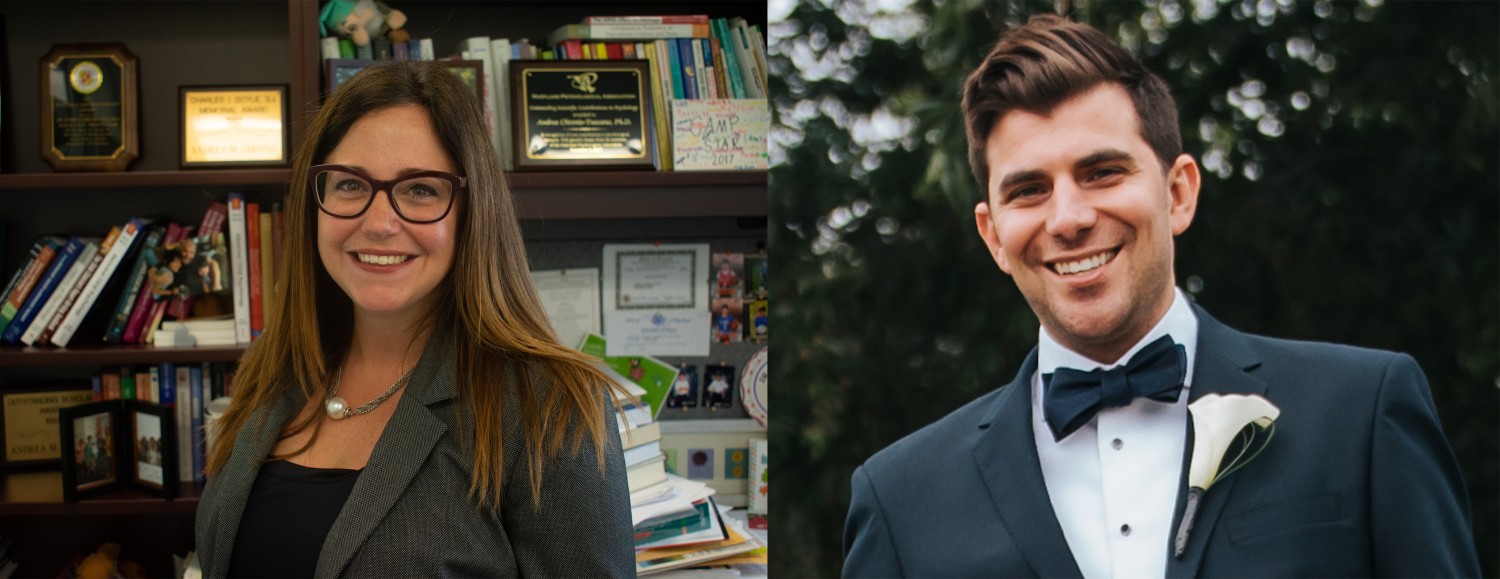A new program at the University of Maryland is offering group and individual treatment for students with ADHD to help them succeed in college.
SUCCEEDS, or Students Understanding College Choices: Encouraging Executing Decisions for Success, was founded this semester by two psychology professors at this university — Andrea Chronis-Tuscano and Michael Meinzer.
The program’s goal is to help students with ADHD plan and organize their academics, activities and life goals, said Chronis-Tuscano, who also serves as the director of the Maryland ADHD program, a research and education program on campus.
“Our program really holds the potential to make Maryland a premier destination for college students with ADHD,” Chronis-Tuscano said.
The program costs students $2,000 in their first semester and $1,500 for every semester following, Meinzer said.
Nine students are enrolled in SUCCEEDS now, but organizers hope to grow the clinic in the future, said Lauren Oddo, a doctoral student at this university and SUCCEEDS mentor.
According to SUCCEEDS’ website, roughly 8 percent of college students have ADHD. They can have difficulty with time management, organization and “really anything that involves multiple-step, complex decision-making,” said Matthew Liebman, a 2007 graduate of this university who is now a practicing clinical psychologist in New Jersey.
But, “one of the biggest misnomers of students or adults with ADHD is that they don’t work hard,” he said.
The loss of structure and support from family and friends can make the transition to college difficult for these students, Chronis-Tuscano said.
“What we’ve learned is that college is really a time when things fall apart for students with ADHD,” Chronis-Tuscano said. “They have so much to offer the world, but they are so frustrated.”
SUCCEEDS consists of group sessions and one-on-one mentoring. Both are held on campus, although the individual coaching can be done over the phone, Meinzer said. Right now, the group doesn’t have a consistent meeting spot, but eventually it’ll be in Cole Field House, once its renovations are complete, Meinzer said.
The one-hour group workshops led by therapists focuses on various skills — such as planning, combatting procrastination and self-care — to improve performance in professional, academic and personal settings. These sessions are supplemented with an hour of mentoring throughout the week.
“In our weekly group meetings, we cover a lot of basics on how to time manage and get organized,” Meinzer said. “In those individual coaching meetings, the coach takes those skills and applies them to everyday life, really helping them prioritize and block out times on the things they need to.”
The program is both educational and therapeutic, Chronis-Tuscano said.
“We also want to help students be successful in all areas in life,” Meinzer said. “If students are struggling to meet new friends or get involved, we can help them with those goals as well.”
The psychologists also try to monitor students for signs of substance abuse and depression, which ADHD students are more susceptible to, Chronis-Tuscano said.
Students can enroll in the program after an evaluation that determines if they have ADHD through a series of questions, tests and conversations with the students’ parents, Oddo said.
“These people are so bright and creative and have so much going for them,” Oddo said.



